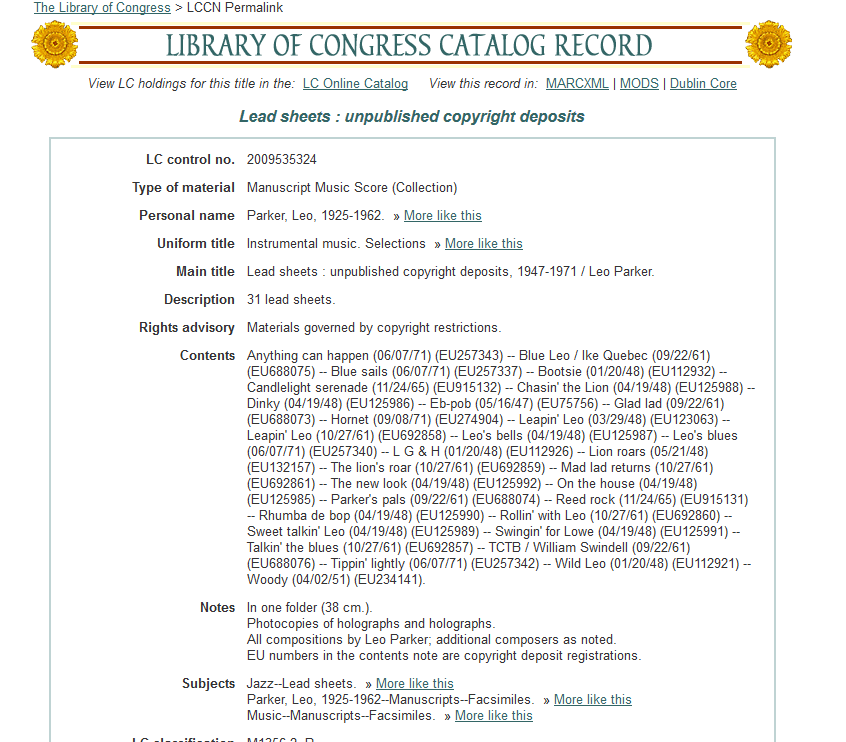I have always been a huge Yoko Kanno fan even before I knew who she was. I heard her music in most of my favorite Anime growing up that when I became a musician I knew I’d have to learn her tunes. the first piece of her music and quite likely the first anime tune that really caught me was this piece Voices. it was in the anime Macross Plus. As a side note I, along with friends, role played the Macross saga during the early 90’s.
Here is my transposition of a version I found online for two voices. In this case it’s set for a baritone to play the lead line and the bass to complete the harmonies. The song is haunting and somewhat melancholic. I recommend playing this piece with “molto espressivo” and try not to rush it. Also, breath marks are not written so good breath support are important. Also I recommend practice this with a metronome set to what ever tempo you prefer. Keeping good time makes the retard at the end more dramatic.
Download [Score – Baritone – Bass]
The version below is nice if not just a bit slow.
The lyrics are included below.
| Original / Romaji Lyrics | English Translation |
|---|---|
Hitotsume no kotoba wa yume nemuri no naka kara mune no oku no kurayami wo sotto tsuredasu no | The first word was “dream” From the middle of sleep Which secretly accompanies The darkness in my heart |
| futatsume no kotoba wa kaze yukute wo oshiete kamisama no ude no naka e tsubasa wo aoru no | The second word was “wind” Directing my journey From God’s arms, Fanning wings |
| tokete itta kanashii koto wo kazoeru you ni kin’iro no ringo ga mata hitotsu ochiru | As if counting the melting sorrows, Yet another golden apple fell |
| mita koto mo nai fuukei soko ga kaeru basho tatta hitotsu no inochi ni tadoritsuku basho | Not even looking at the scenery, There is the place you’re going With merely a single life, You struggle to reach that place |
| furui mahou no hon tsuki no shizuku yoru no tobari itsuka aeru yokan dake | An old magic book; moondrops; the curtain of night– Only a premonition of meeting someday |
| we can fly we have wings we can touch floating dreams call me from so far through the wind in the light | We can fly We have wings We can touch floating dreams Call me from so far Through the wind In the light |
| mittsume no kotoba wa hum .. mimi wo sumashitara anata no furueru ude wo sotto tokihanatsu | The third word was “hum”.. Caught by straining ears As I softly release Your trembling arms |



